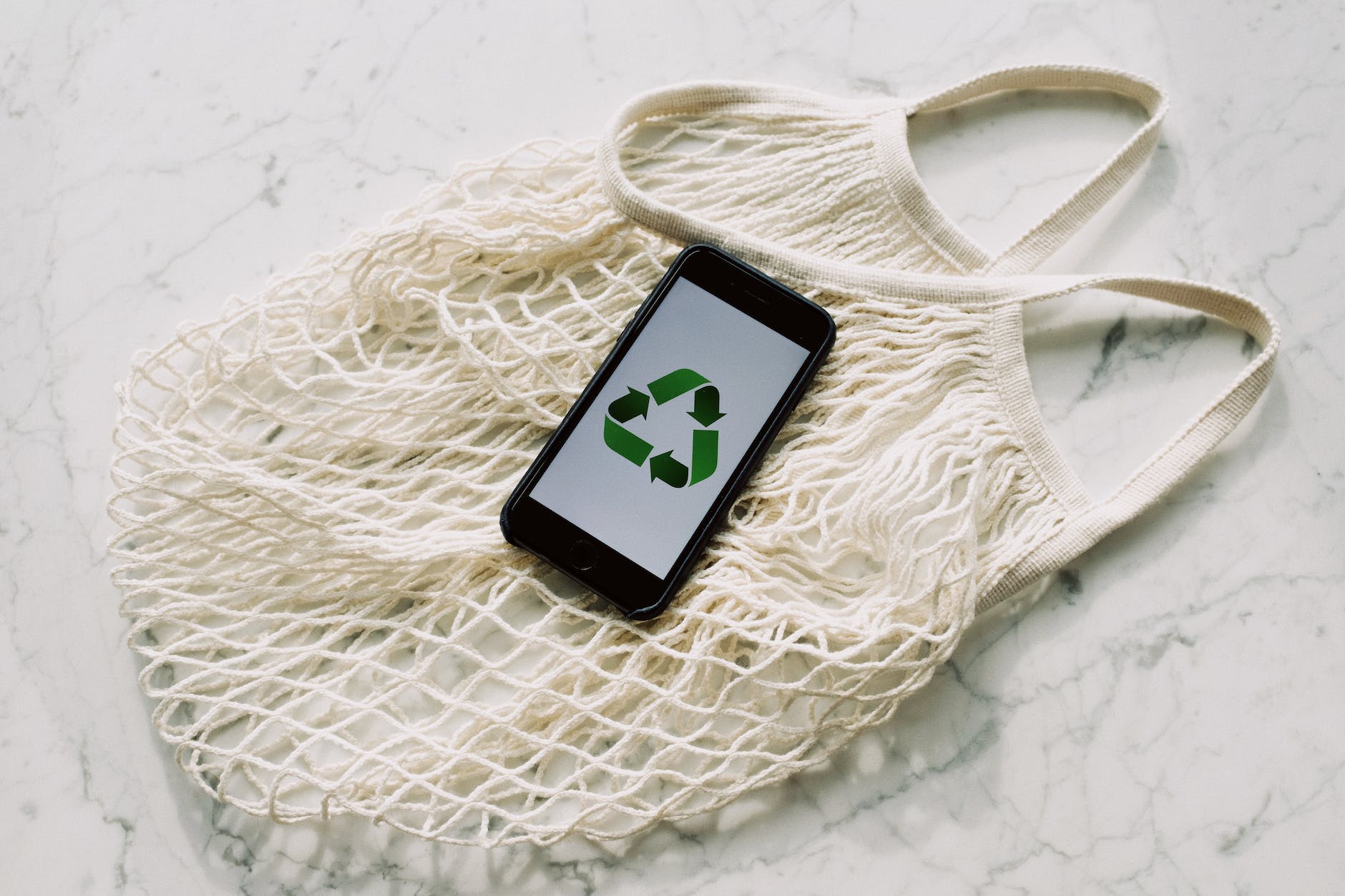TL;DR
The opening of a new zero-waste grocery store in New Hampshire highlights the growing demand for sustainable shopping options. Independent retailers can learn from this store by implementing small changes to minimize waste and communicate their efforts to customers. By offering package-free options and focusing on reusable and biodegradable packaging, retailers can play a crucial role in promoting sustainability and eliminating single-use plastics.
In a time when sustainability and climate change are at the forefront of global concerns, zero-waste grocery stores are gaining attention and popularity across the United States. These stores are encouraging shoppers to move away from single-use plastics and other environmentally harmful packaging, making a significant impact on waste reduction. As independent retail store owners, there are valuable lessons to be learned from this new zero-waste grocery store in New Hampshire.
Live Free Refillery is the first zero-waste grocery store in the state. Spanning 2,100 square feet, this store offers package-free grocery shopping in a simplified and sustainable manner. Their emphasis on trustworthy sources and reusable or biodegradable packaging sets an example for other retailers to follow.
One of the most crucial takeaways for independent retail store owners is the role they can play in moving the sustainability world forward. By eliminating single-use plastic packaging, grocers have the power to significantly reduce plastic waste and their environmental impact. With only nine percent of all plastics getting recycled, the time for change is long overdue.
To get started, retailers can take small steps toward minimizing waste. Offering bulk foods in produce, dairy, non-toxic body care products, cleaning supplies, and other planet-friendly items can help reduce the use of new disposable plastic containers. Encouraging customers to bring their own reusable containers or providing reusable packaging options can also make a significant difference.
In addition to implementing waste-reducing practices, it’s essential for retailers to communicate their efforts to customers. Transparency and creating awareness are key. By clearly labeling products with their sustainable packaging options or using signs to educate customers about the environmental impact of their choices, retailers can inspire change and empower shoppers to make more eco-friendly decisions.
It’s also important for retailers to highlight the benefits of sustainable shopping to their customers. Emphasize the positive impact they can make by choosing package-free options and reusable packaging. By showcasing the social and environmental benefits, retailers can motivate their customers to support their efforts and become advocates for a more sustainable future.
The rise of zero-waste grocery stores is not limited to a specific age group or demographic. People from all walks of life are becoming more energized and excited about sustainable options. Independent retailers have an opportunity to tap into this enthusiasm and cater to the growing demand for eco-friendly products and packaging.
Overall, independent retail store owners can learn valuable lessons from the new zero-waste grocery store in New Hampshire. By implementing small changes to minimize waste, such as offering bulk options and reusable packaging, retailers can play a significant role in promoting sustainability and eliminating single-use plastics. It’s crucial to communicate these efforts to customers and highlight the positive impact they can make by choosing sustainable options. Together, we can create a more eco-conscious shopping experience for all.




